Clinical Psychology
1/30
There's no tags or description
Looks like no tags are added yet.
Name | Mastery | Learn | Test | Matching | Spaced |
|---|
No study sessions yet.
31 Terms
psychological disorder
deviant, distressful, and dysfunctional patterns of thoughts, feelings, or behaviors.
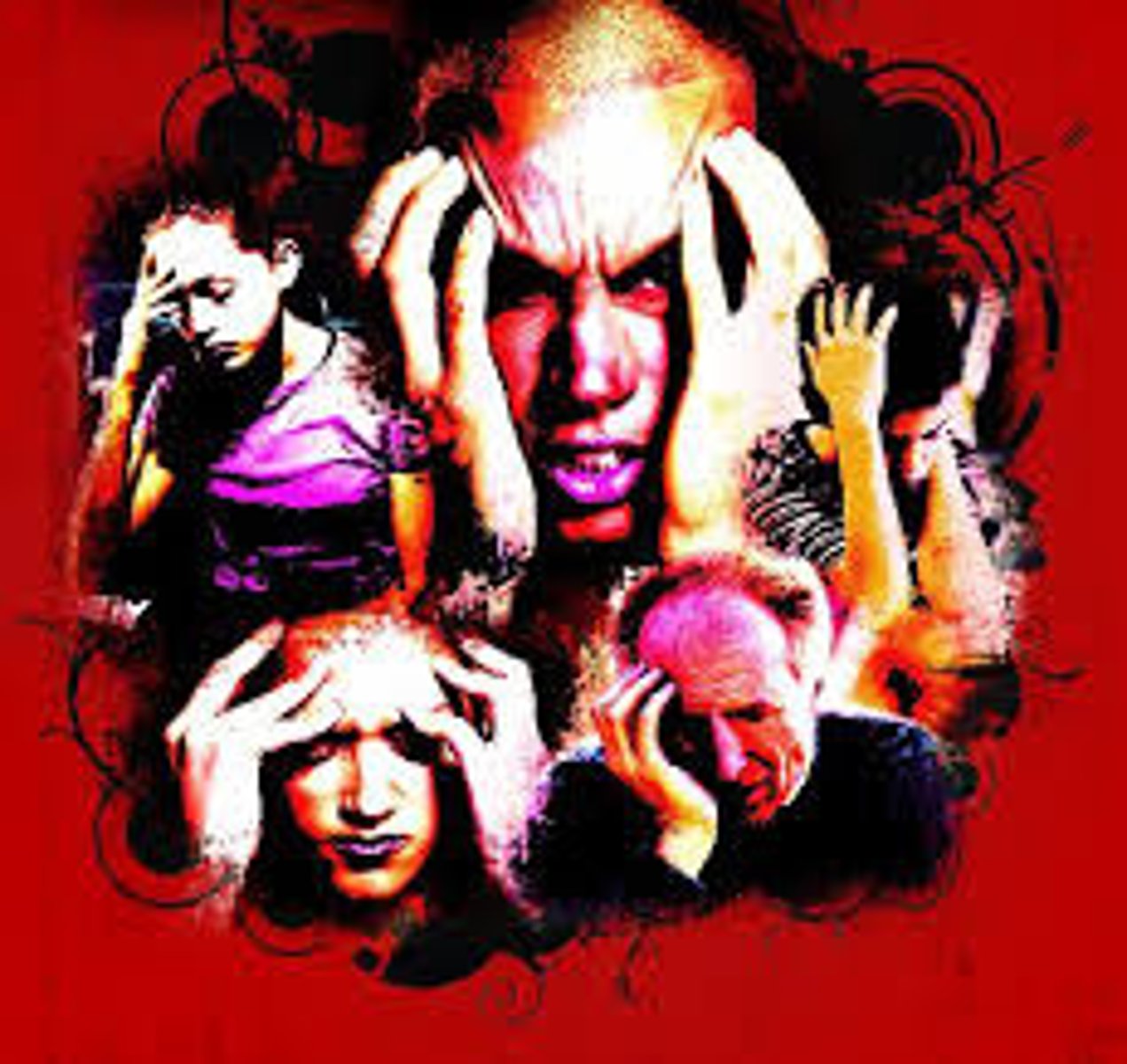
Attention-Deficit Hyperactivity Disorder (ADHD)
a psychological disorder marked by the appearance by age 7 of one or more of three key symptoms extreme inattention, hyperactivity, and impulsivity.
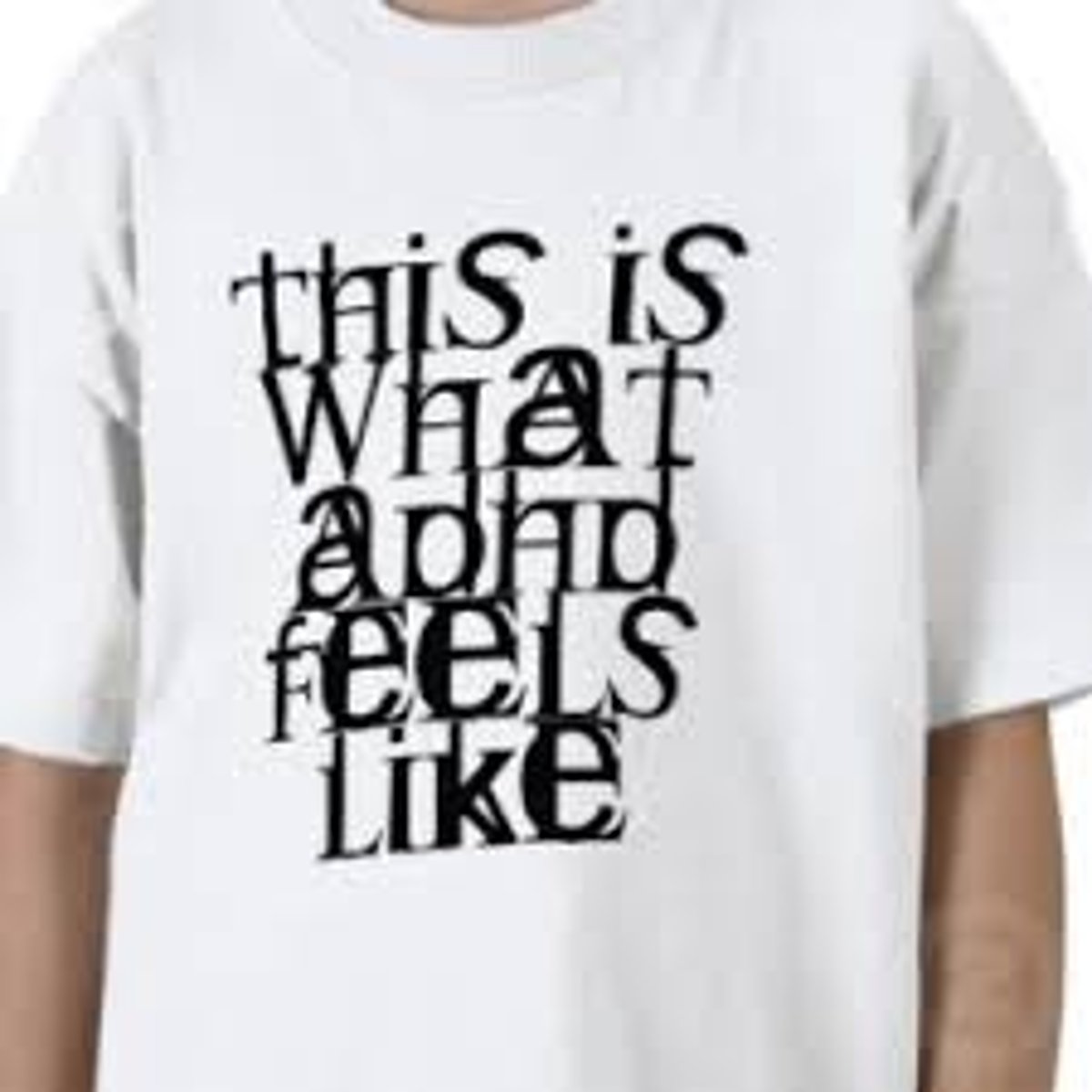
medical model
the concept that diseases, in this case psychological disorders, have physical causes that can be diagnosed, treated, and, in most cases, cured, often through treatment in a hospital.
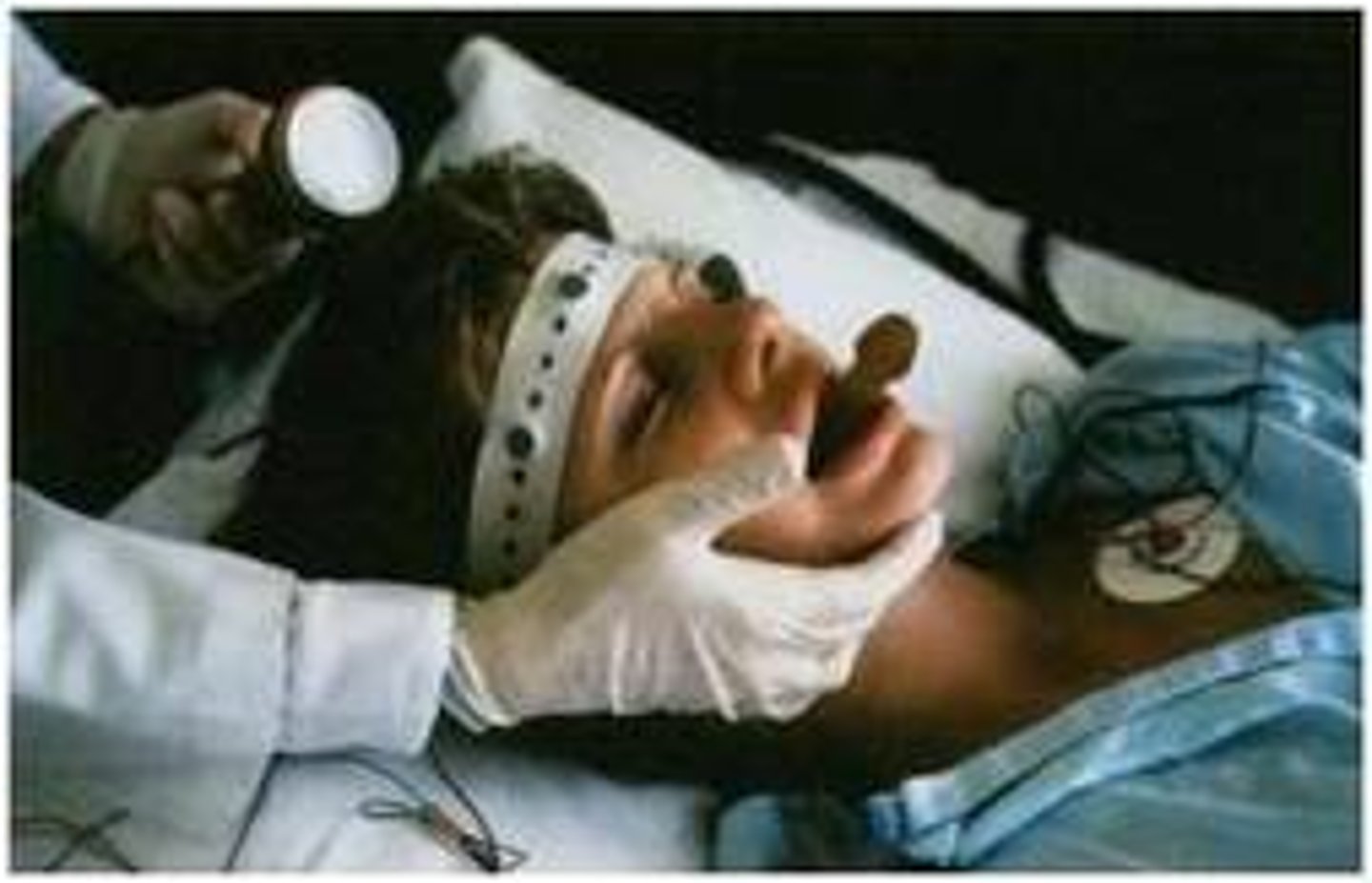
DSM-V
the American Psychiatric Association's Diagnostic and Statistical Manual of Mental Disorders, a widely used system for classifying psychological disorders
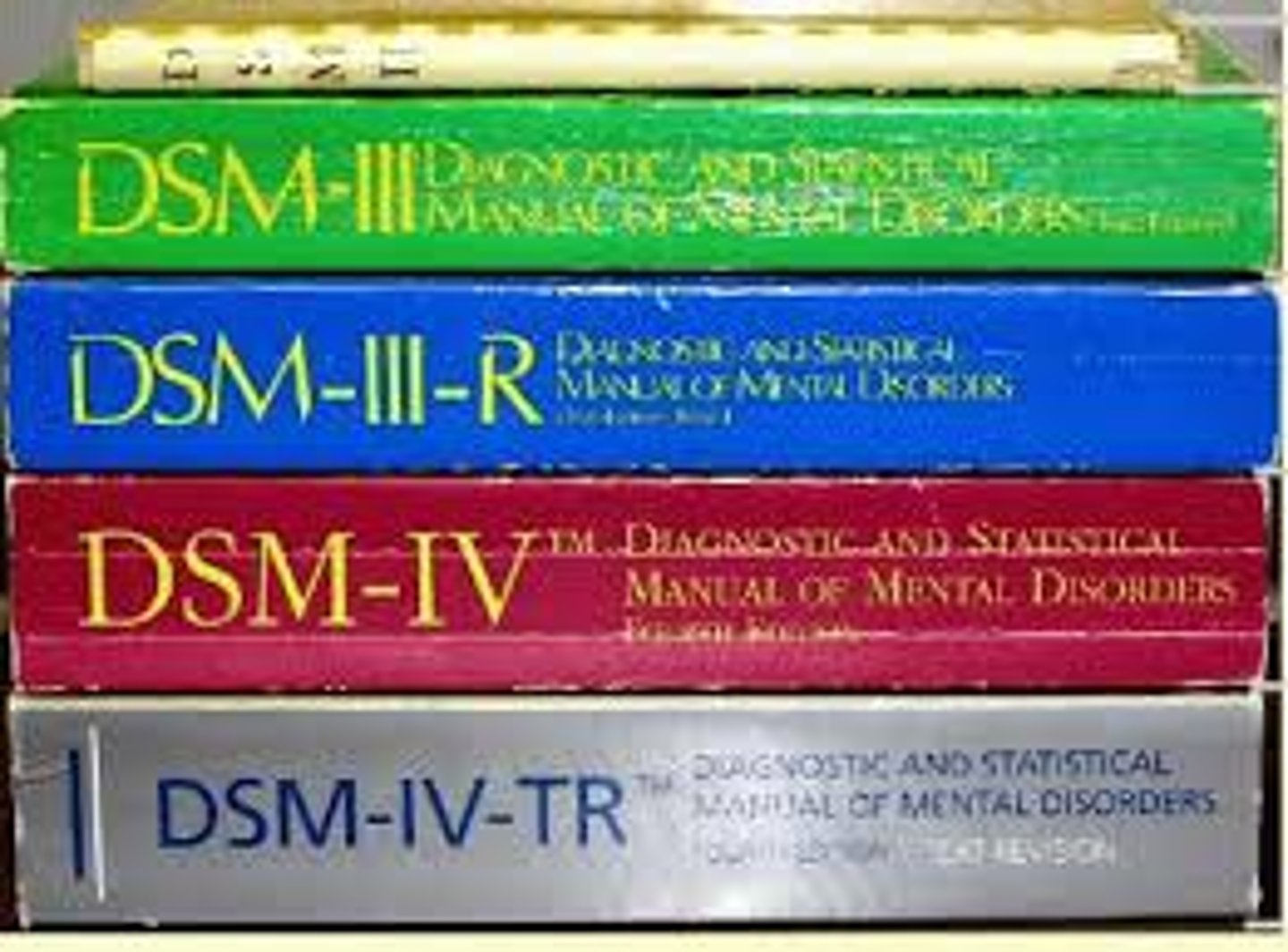
anxiety disorders
psychological disorders characterized by distressing, persistent anxiety or maladaptive behaviors that reduce anxiety.
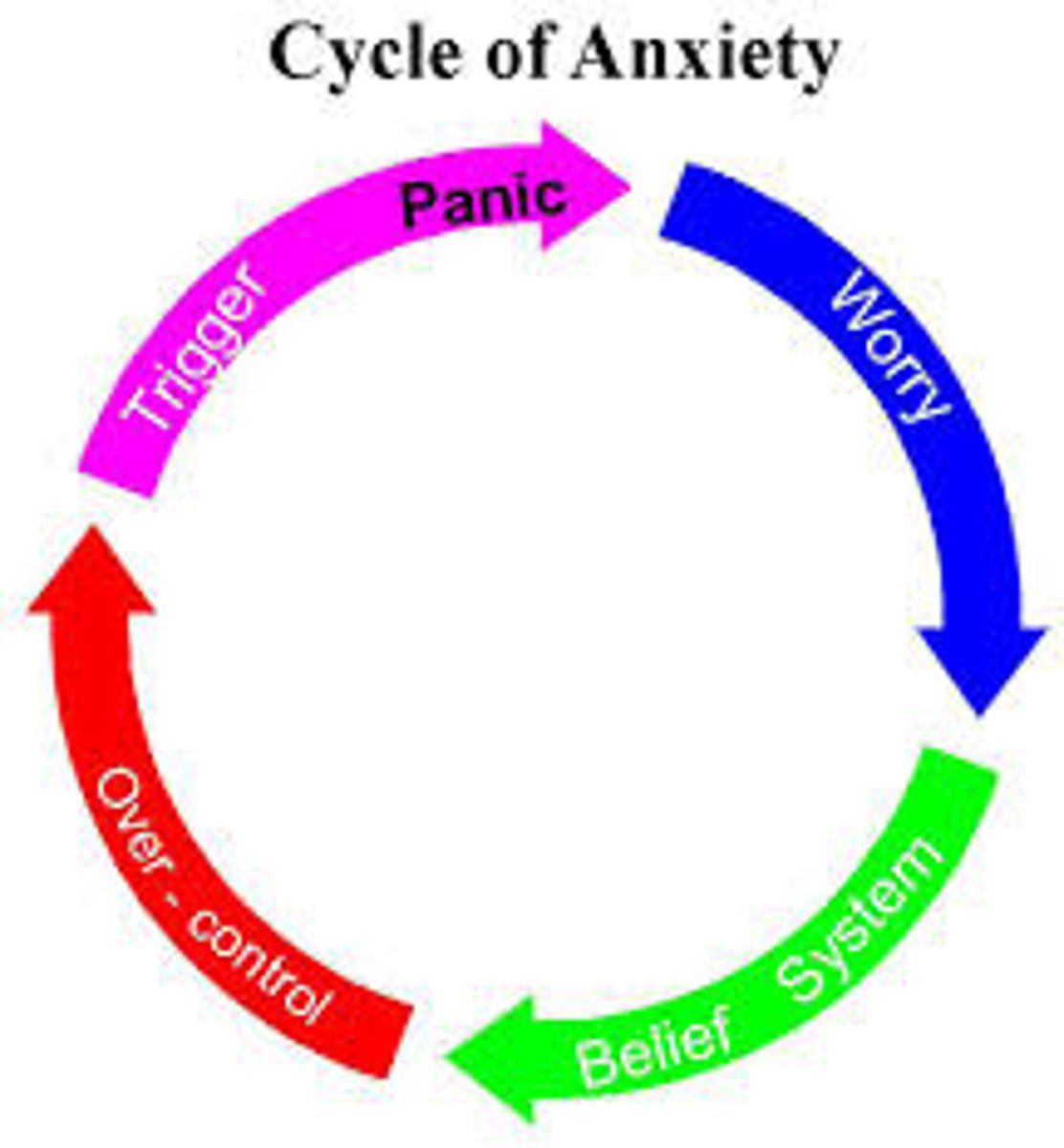
generalized anxiety disorder
an anxiety disorder in which a person is continually tense, apprehensive, and in a state of autonomic nervous system arousal.
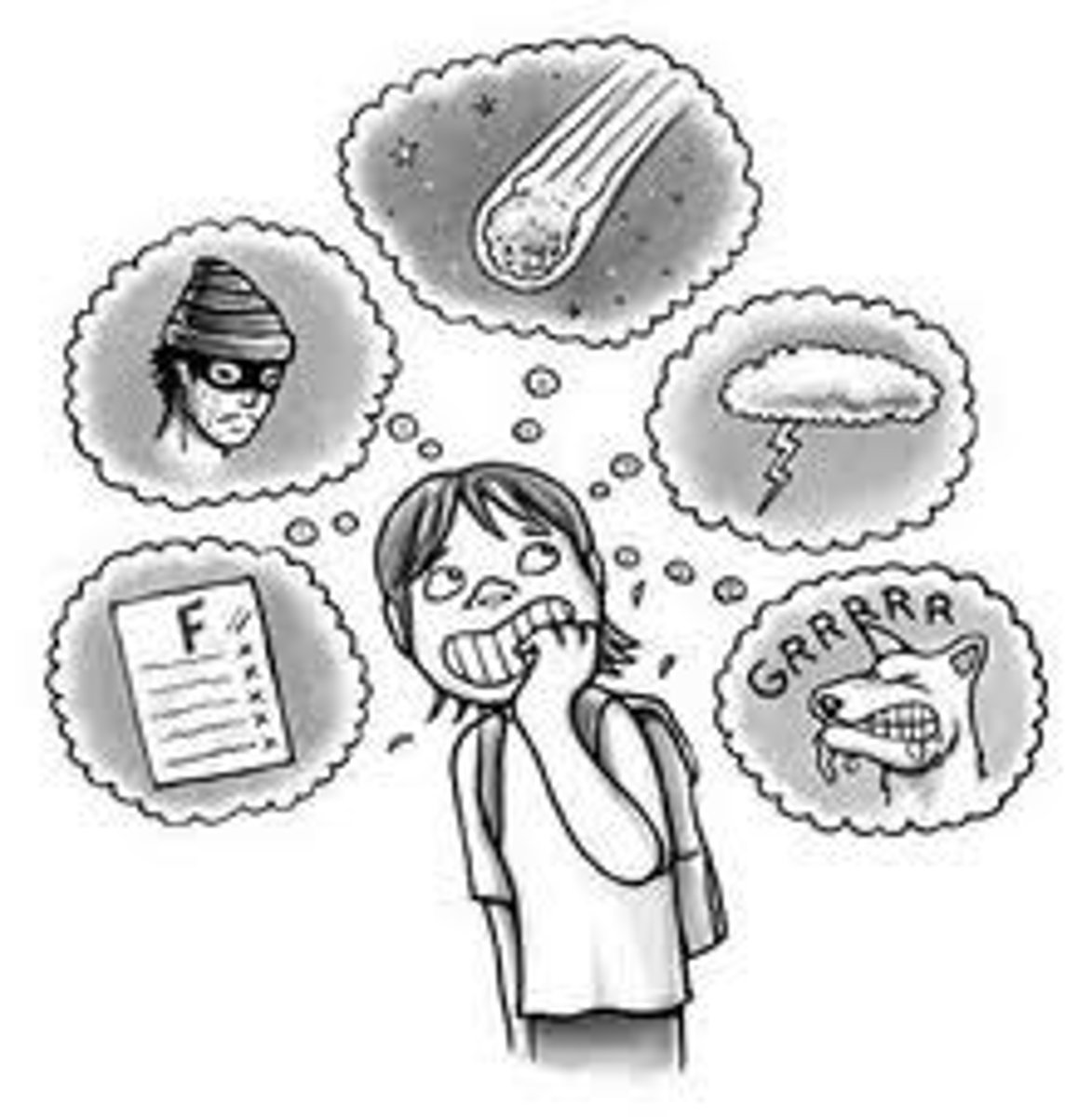
panic disorder
an anxiety disorder marked by unpredictable minutes-long episodes of intense dread in which a person experiences terror and accompanying chest pain, choking, or other frightening sensations.
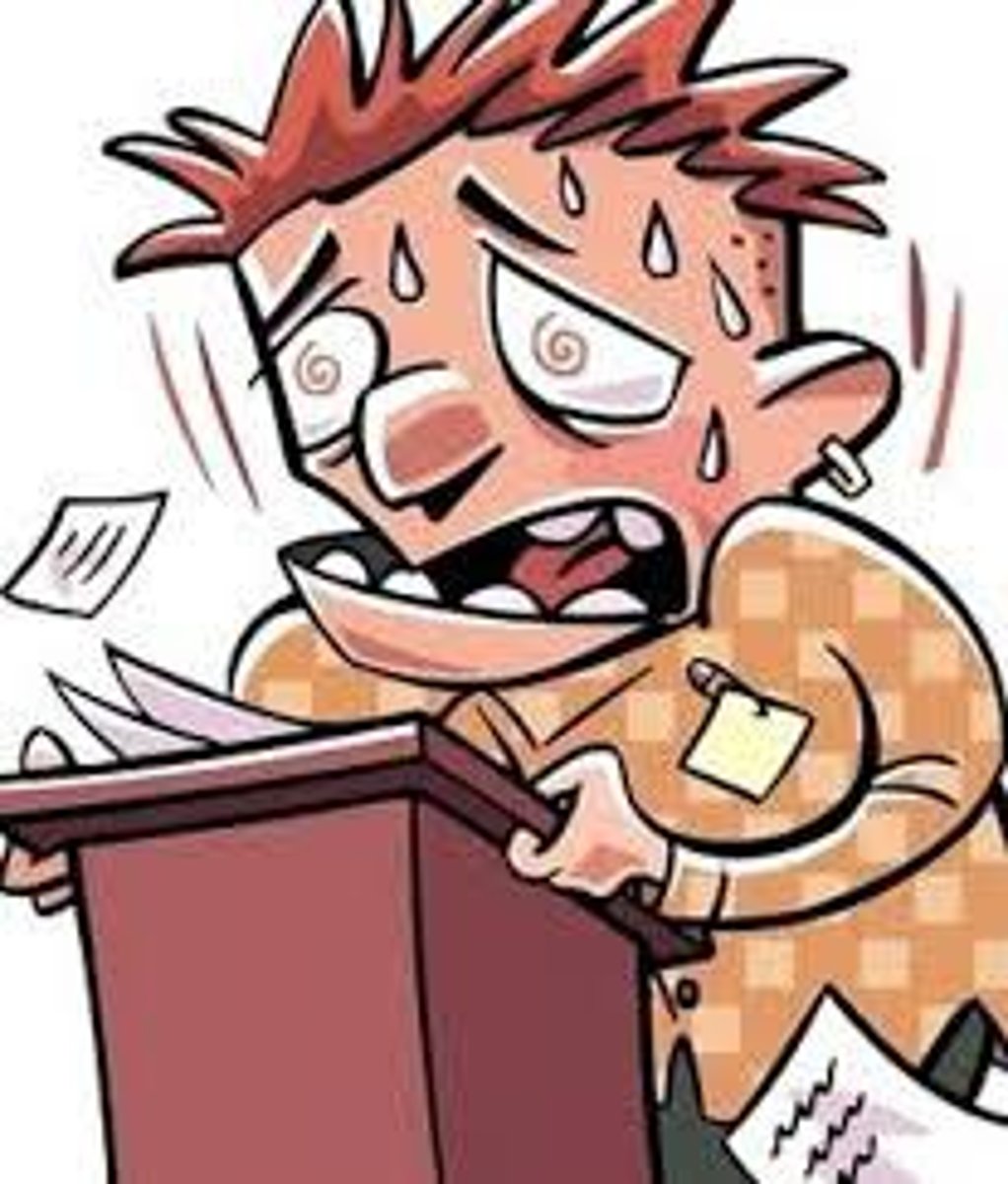
phobia
an anxiety disorder marked by a persistent, irrational fear and avoidance of a specific object, activity, or situation.
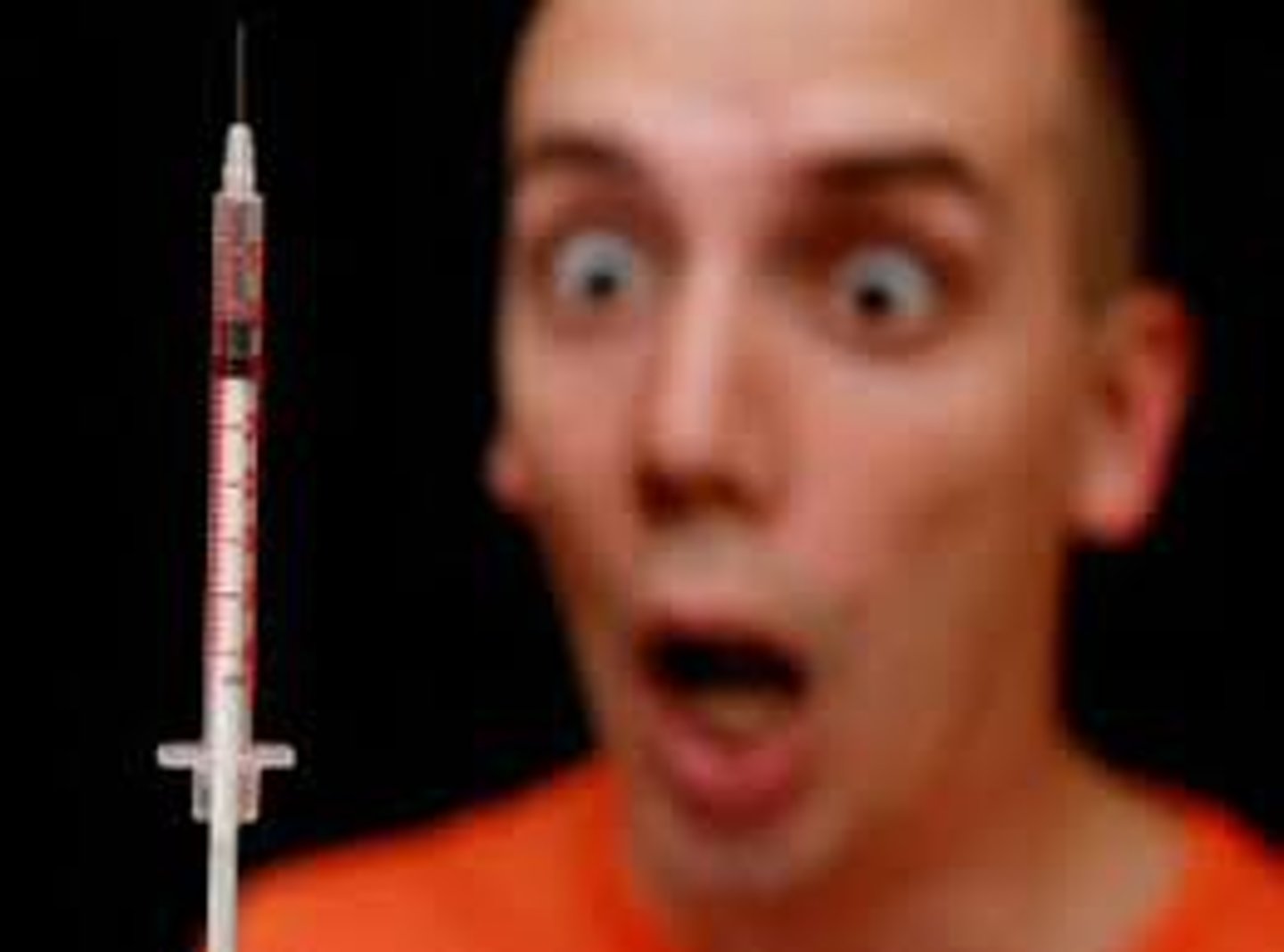
obsessive-compulsive disorder (OCD)
an anxiety disorder characterized by unwanted repetitive thoughts (obsessions) and/or actions (compulsions).

post-traumatic stress disorder (PTSD)
an anxiety disorder characterized by haunting memories, nightmares, social withdrawal, jumpy anxiety, and/or insomnia that lingers for four weeks or more after a traumatic experience.

post-traumatic growth
positive psychological changes as a result of struggling with extremely challenging circumstances and life crises.

somatoform disorder
psychological disorder in which the symptoms take a somatic (bodily) form without apparent physical cause. (See conversion disorder and hypochondriasis.)

conversion disorder
a rare somatoform disorder in which a person experiences very specific genuine physical symptoms for which no physiological basis can be found.
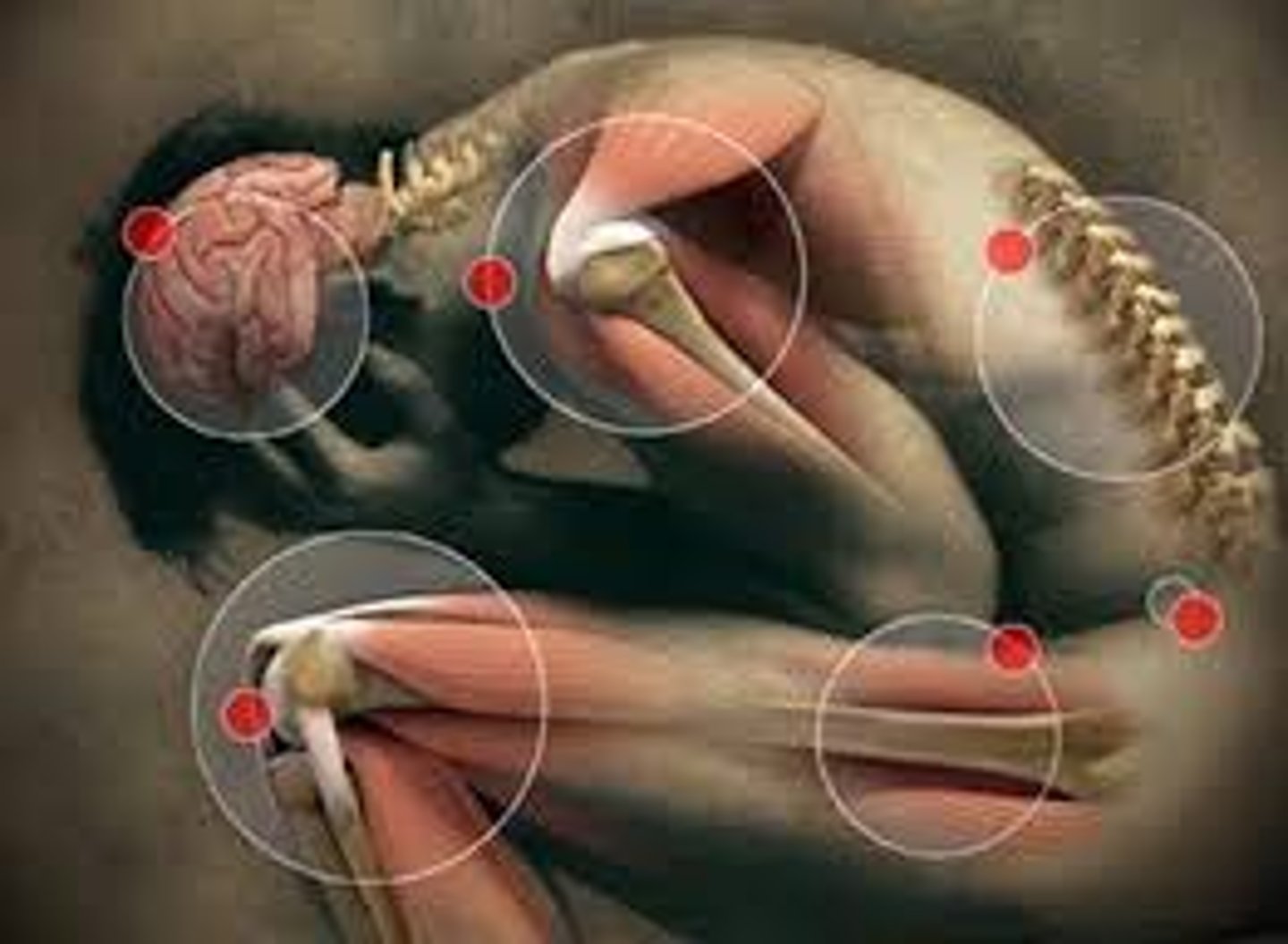
hypochondriasis
a somatoform disorder in which a person interprets normal physical sensations as symptoms of a disease.
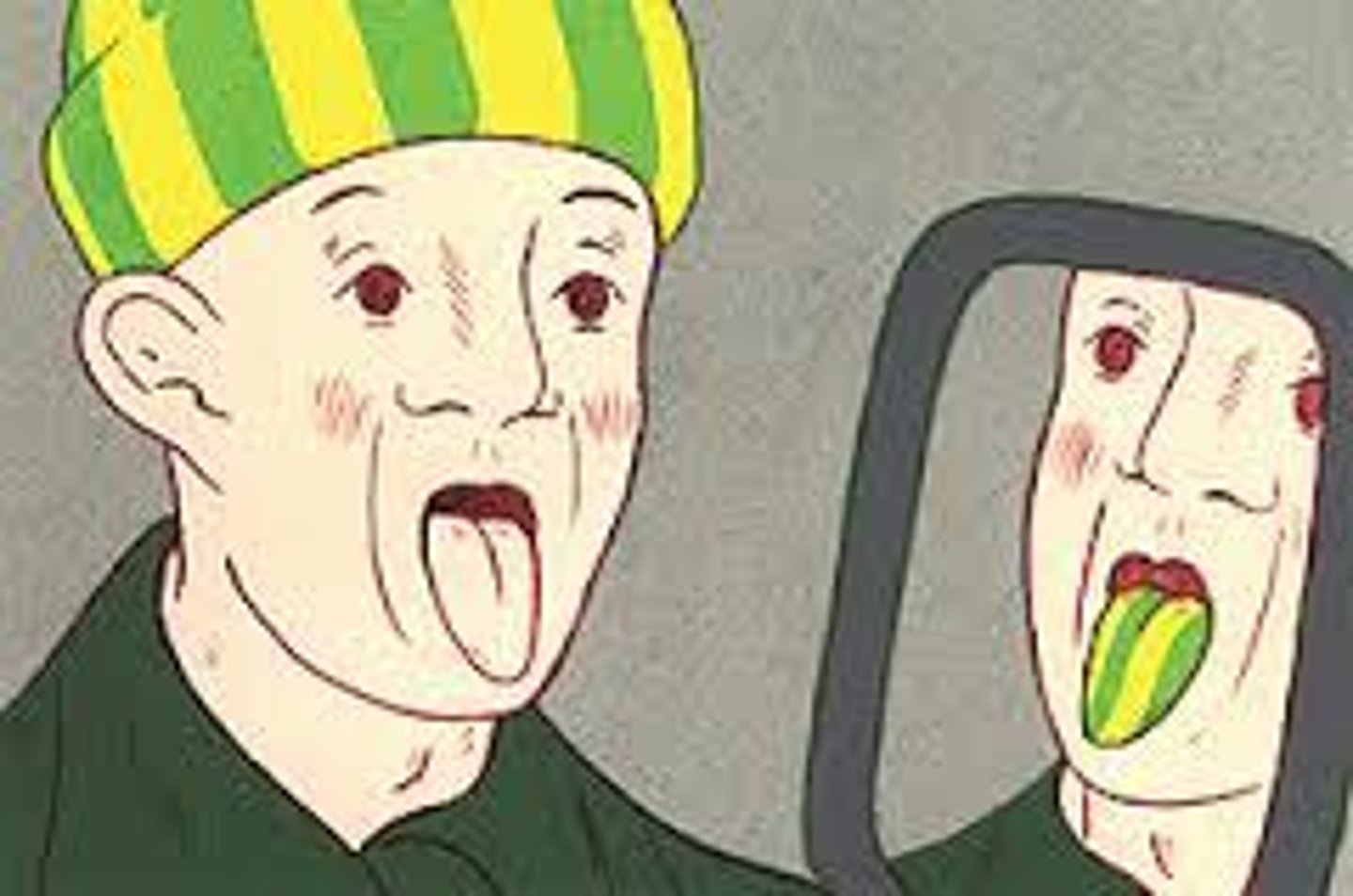
dissociative disorders
disorders in which conscious awareness becomes separated (dissociated) from previous memories, thoughts, and feelings.
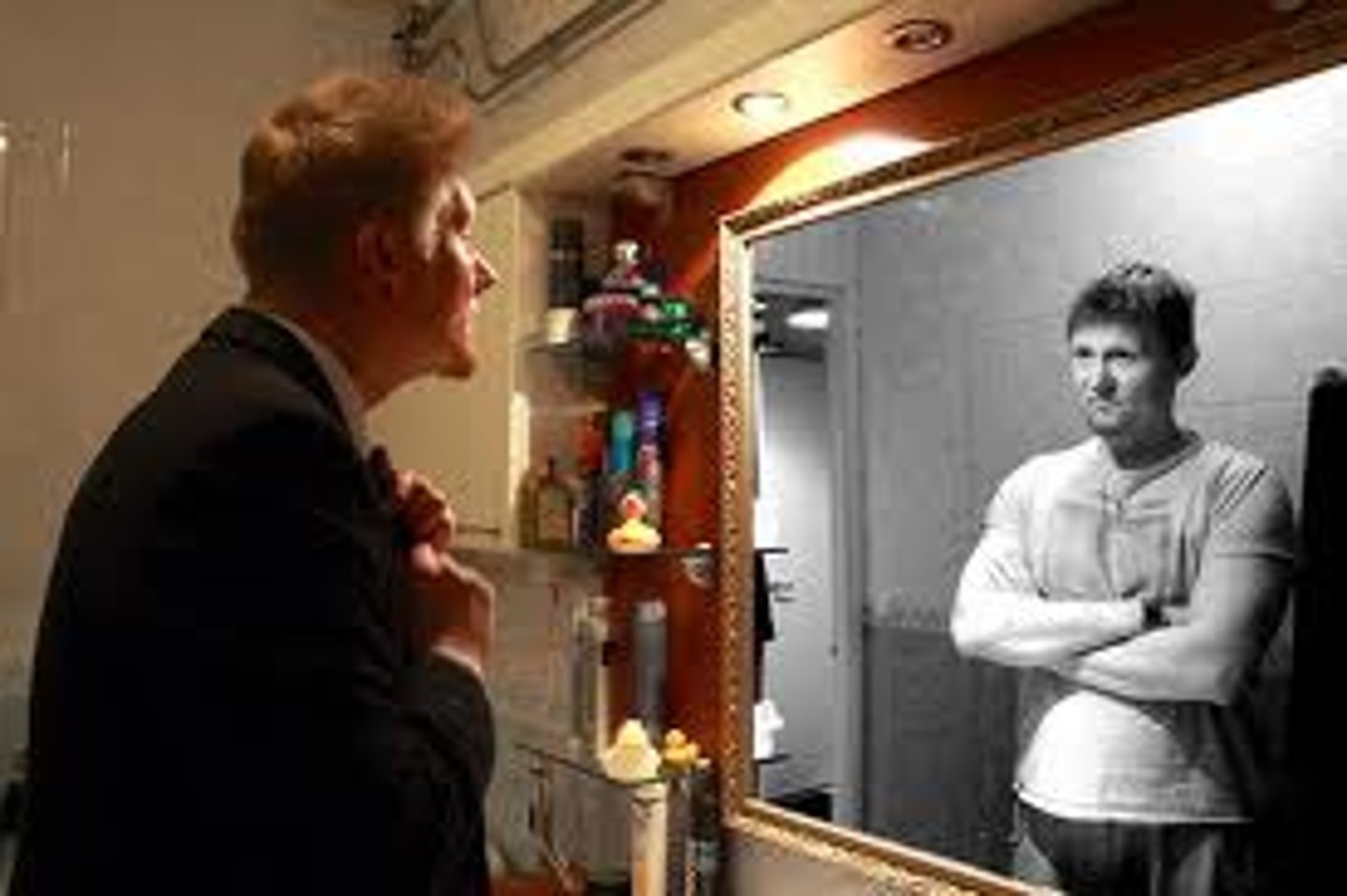
dissociative identity disorder
rare dissociative disorder in which a person exhibits two or more distinct and alternating personalities. Formerly called multiple personality disorder.
mood disorders
psychological disorders characterized by emotional extremes. See major depressive disorder, mania, and bipolar disorder.
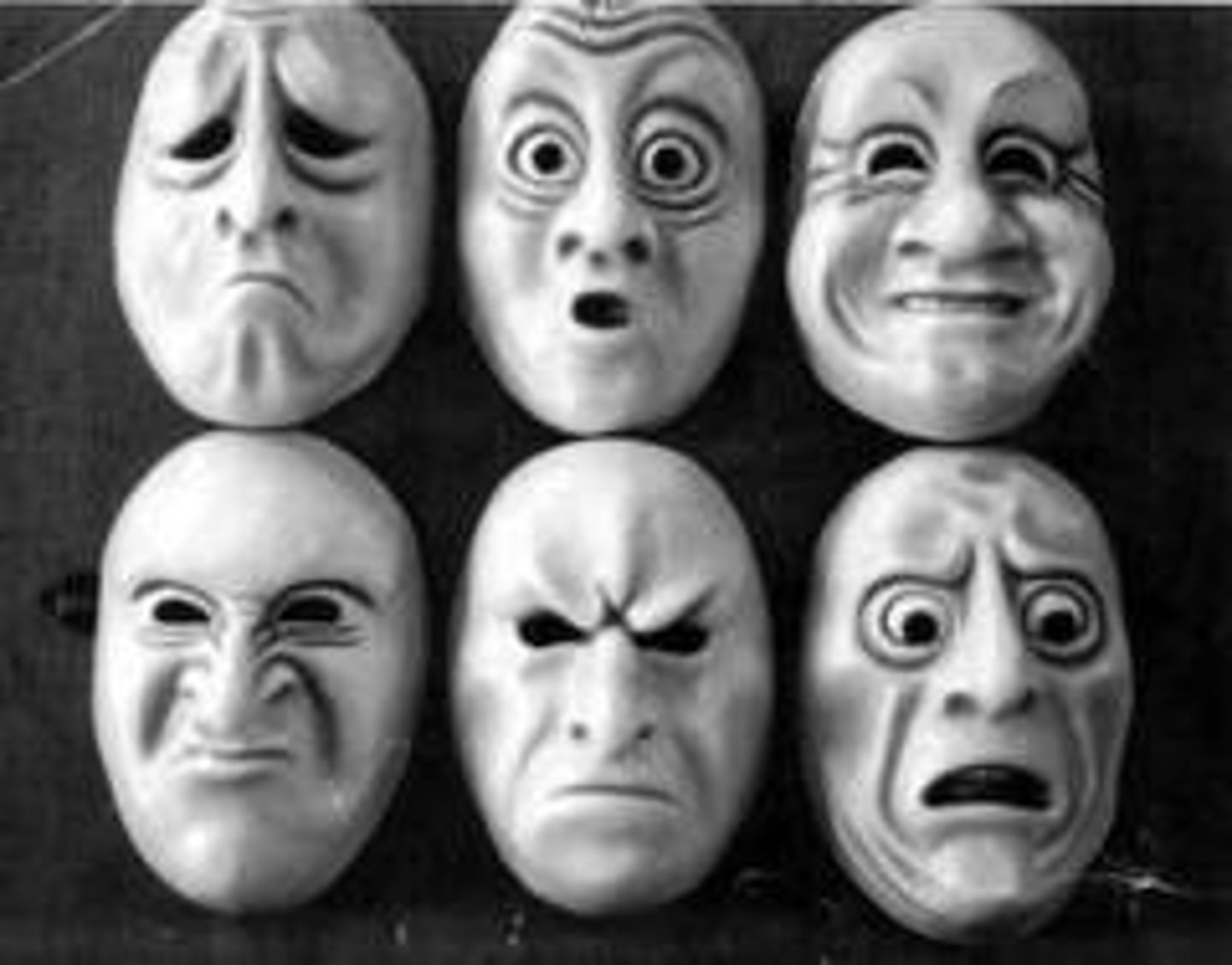
major depressive disorder
a mood disorder in which a person experiences, in the absence of drugs or a medical condition, two or more weeks of significantly depressed moods, feelings of worthlessness, and diminished interest or pleasure in most activities.
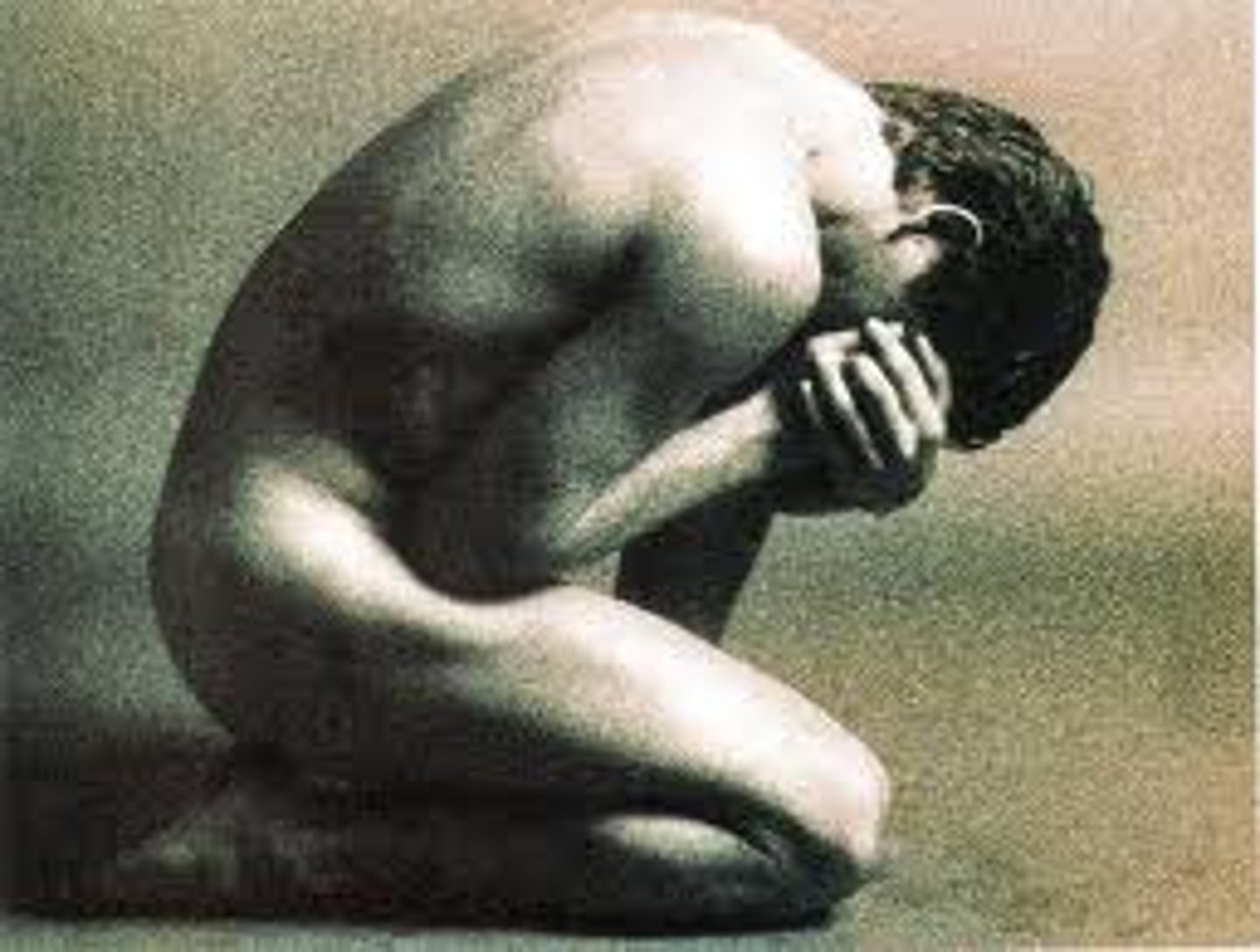
mania
a mood disorder marked by a hyperactive, wildly optimistic state.
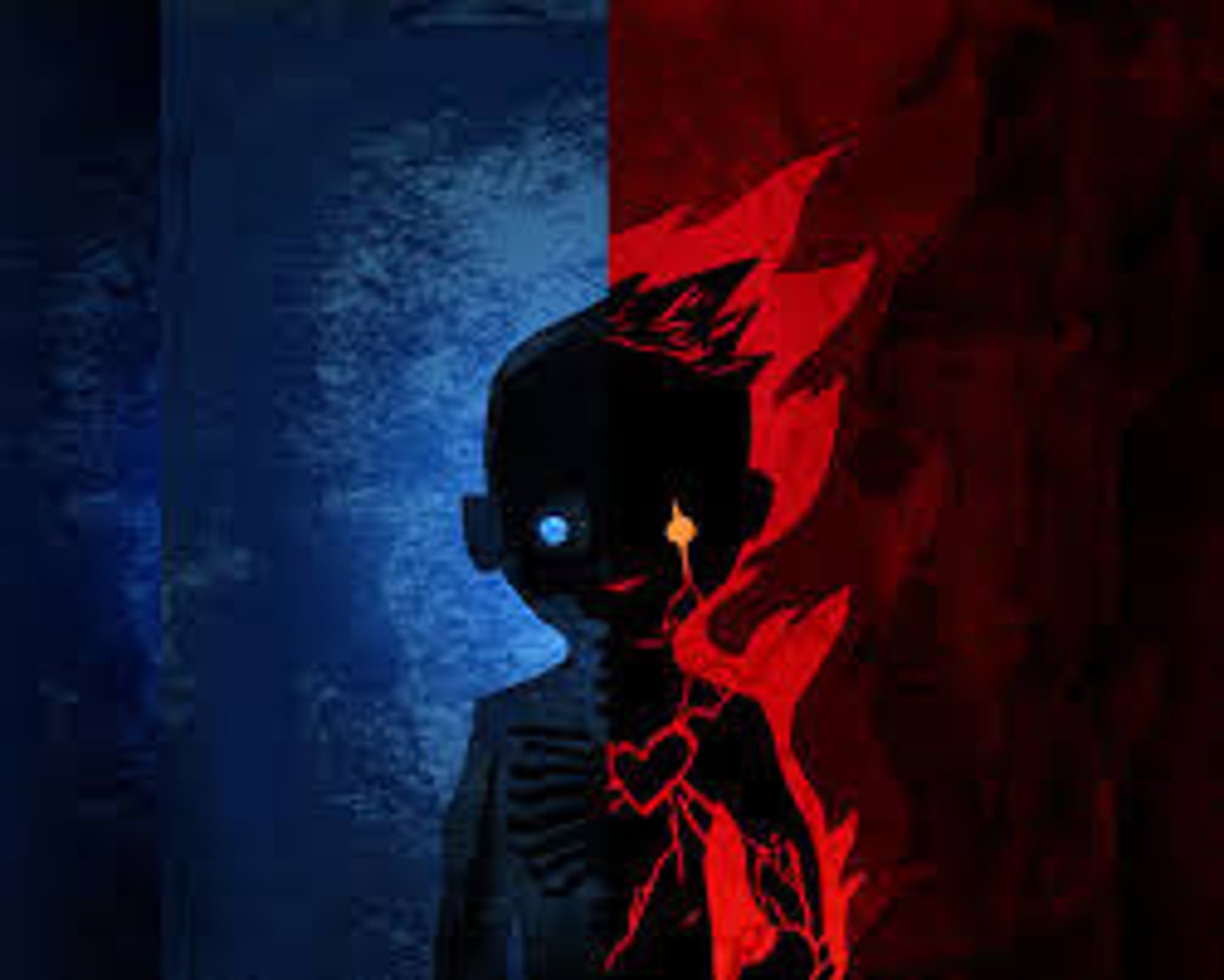
bipolar disorder
a mood disorder in which the person alternates between the hopelessness and lethargy of depression and the overexcited state of mania. (Formerly called manic-depressive disorder)
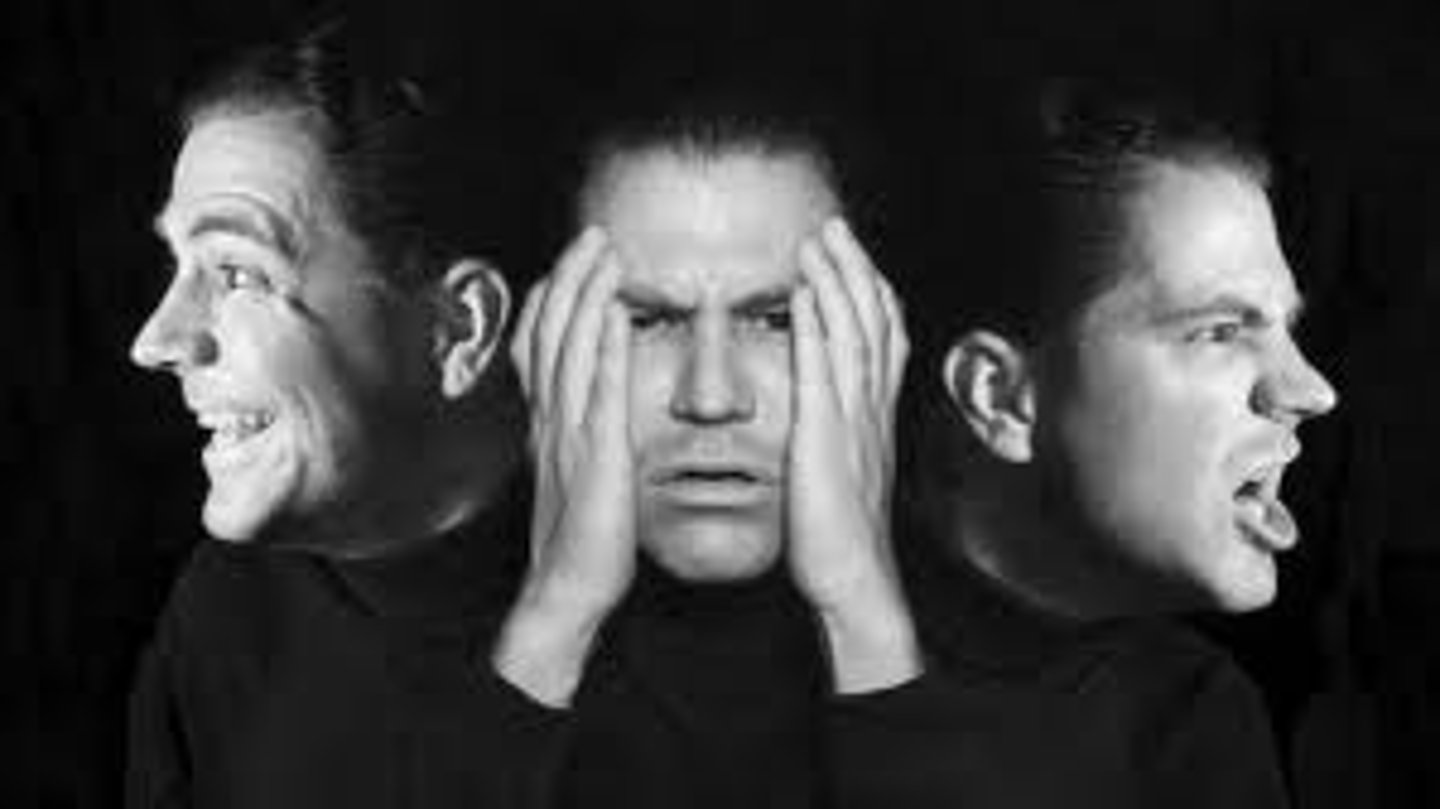
schizophrenia
characterized by a breakdown of thought processes and by a deficit of typical emotional responses.
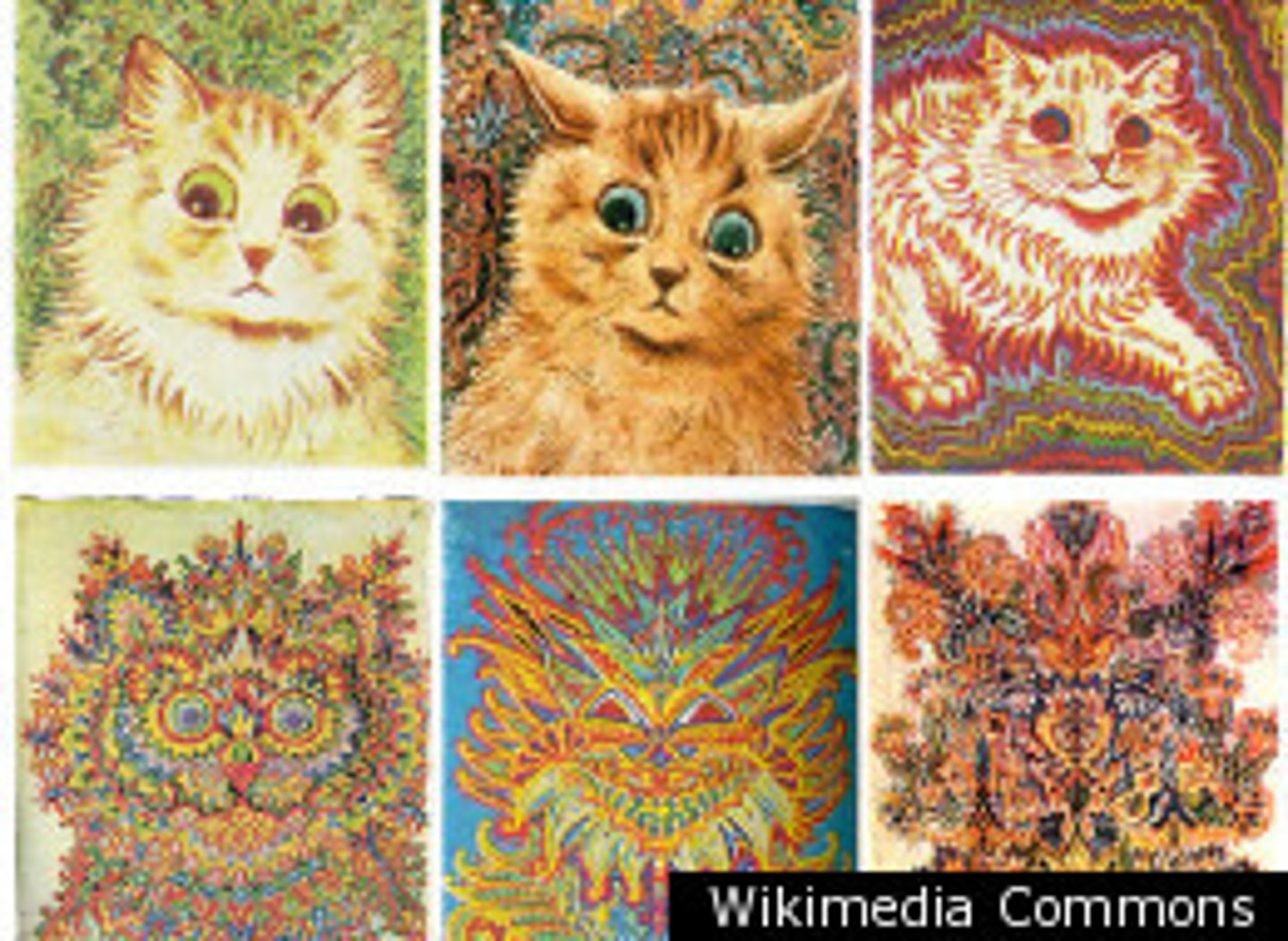
delusions
A delusion is an unshakable belief in something untrue

personality disorders
are a class of mental disorders characterised by enduring maladaptive patterns of behavior, cognition and inner experience, exhibited across many contexts and deviating markedly from those accepted by the individual's culture
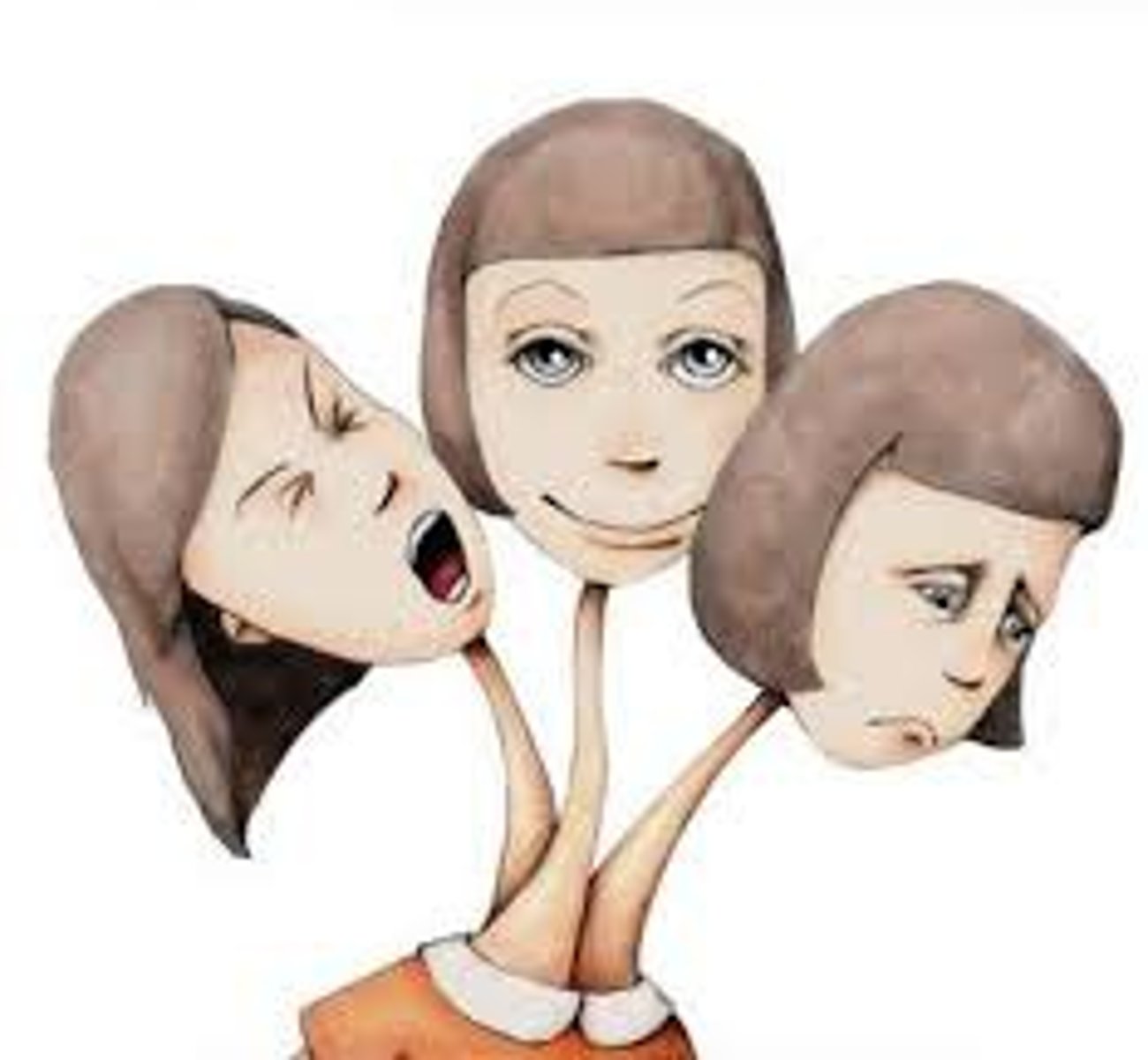
antisocial personality disorder
characterized by a pervasive pattern of disregard for, or violation of, the rights of others that begins in childhood or early adolescence and continues into adulthood.

psychoanalytic theory
this school hypothesized that the interactions among the id, the ego, and the superego were responsible for abnormal behavior.
humanistic theory
abnormal behavior is partly the result of people being too sensitive to the criticisms and judgements of others, inability to accept their own nature or have low self-esteem
behavioral theory
based on the idea that maladaptive behavior is learned, and treatment involves unlearning of the maladaptive behavior or the modification of the learned response to certain stimuli.
biological theory
argues that society and culture help define what is acceptable behavior
fugue
the sudden and complete loss of identity, sometimes caused by severe stress, followed by the assumption of a new identity.
borderline personality disorder
a "stable instability" of relationships, moods, and self-image - seeing people as either "bad" or "good"
abnormal behavior
four components: atypical (deviates statistically from typical behavior), maladaptive (interferes with a person's ability to function in a particular situation), unjustifiable (not easy to explain to most people)